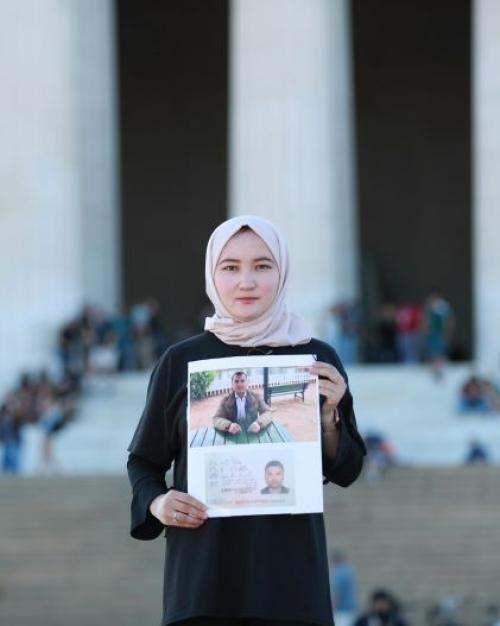Magnus Fiskesjö, associate professor of anthropology in the College of Arts and Sciences, recently updated the Uyghur bibliography he began in 2017. The bibliography is hosted by the Uyghur Human Rights Project, "one of the most active and well-known organizations dedicated to the issue," he says.
Since 2017, the Chinese government has imprisoned more than one million Uyghurs in China's far-northwest region of Xinjiang and committed systematic human rights violations against the mostly Muslim ethnic group—including forced labor, religious restrictions, family separations, and forced sterilizations.
Fiskesjö launched the bibliography project to collect news reports, documents, and research on the abuses as they unfolded.
"I started the bibliography on a personal basis, just to keep track of important news on the issue," he said. "Then I was happy to have it hosted publicly so others can benefit."
The bibliography now runs to more than 2,300 pages. It is searchable by topics like eyewitness accounts, forced labor, heritage destruction, reproductive abuse, organ harvesting, and Chinese tourism as propaganda.
Magnus Fiskesjö is a Reppy Institute for Peace and Conflict Studies steering committee member and core faculty in the East Asia Program and Southeast Asia Program.
Read the story on the Mario Einaudi Center for International Studies website.




